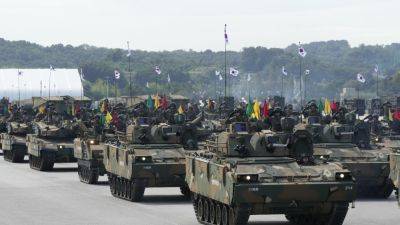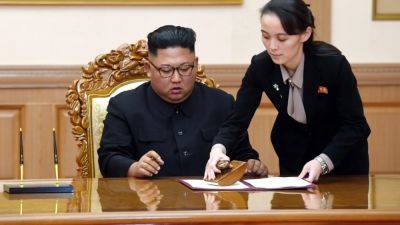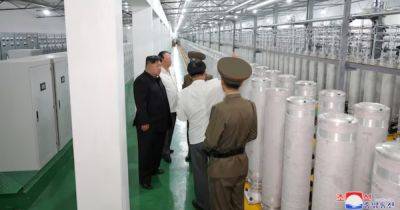North Korea in BRICS is a reach too far
North Korea’s potential membership in BRICS, the bloc named for Brazil, Russia, India, China and South Africa that is now expanding beyond that core deeper into the so-called Global South, presents considerable challenges and opportunities.
As an increasingly influential coalition representing major emerging economies, BRICS functions as a counterbalance to the Western-dominated global order with possible plans to launch its own trading currency to challenge the US dollar.
North Korea’s interest in joining BRICS signals an aspiration to emerge from international isolation, diversify and expand its economic partnerships, and enhance its geopolitical stature. At the same time, its possible inclusion could have severe repercussions for BRICS.
While North Korea’s accession could yield strategic advantages for both Pyongyang and the BRICS coalition, substantial obstacles ranging from North Korea’s nuclear program to economic and diplomatic impediments render the prospect precarious and unpredictable.
Despite its economic vulnerabilities as one of the world’s least developed nations, North Korea’s geopolitical relevance is indisputable. Its strategic location on the Korean Peninsula situates it at the core of East Asian security dynamics, with its frequent missile tests and saber-rattling against South Korea, Japan and United States directly influencing regional stability.
China and Russia, BRICS core members, regard North Korea as a buffer state that mitigates the influence of US-aligned South Korea and Japan. For them, Pyongyang’s inclusion in BRICS would enhance the expanding bloc’s footprint in East Asia, thereby extending its influence into a pivotal region.
For North Korea, joining BRICS presents the opportunity for







